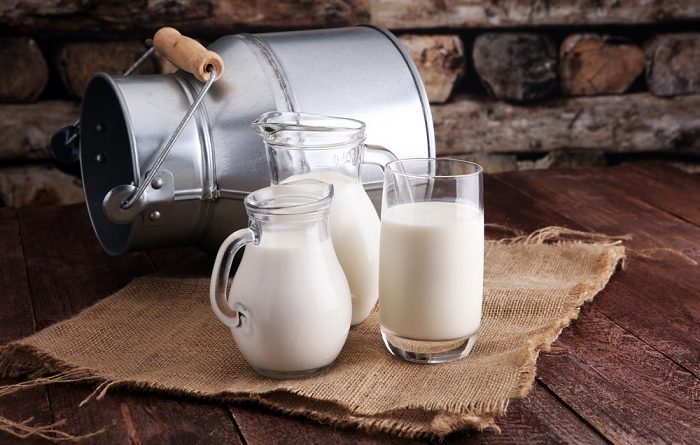Nitrites and Nitrates in food: european commission reduces limits
The use of nitrites and nitrates is widespread in the production of meat, sausages, cheeses and particularly perishable products, in which they are added with the aim of preventing the development and proliferation of micro-organisms harmful to human health, especially the C. Botulinum. In any case, nitrites and nitrates are not limited to being merely deterrent to microbial proliferation, [...]










